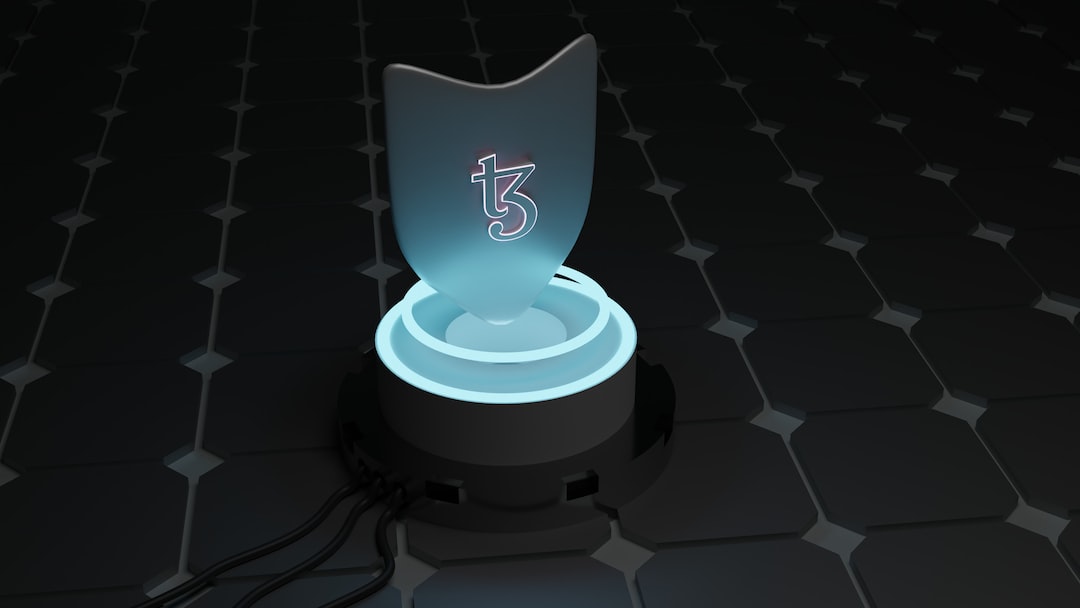Web 3.0: The Future of the Internet
Web 3.0, also known as Web3, is the next generation of the internet that operates on public blockchains. Unlike the current model, Web2, which is controlled by big corporations like Google and Facebook, Web3 is decentralized, giving individuals ownership and governance over parts of the internet.
Blockchain technology is at the core of Web3. It is a decentralized digital ledger that records and verifies transactions across a network of computers. This eliminates the need for intermediaries and central authorities, making Web3 more secure and resistant to censorship.
In Web3, individuals can directly own and control sections of the internet, leading to enhanced user privacy and reduced data collection. Transactions can occur without permission or trust in intermediaries.
Web3 is closely tied to cryptocurrencies, which provide incentives in the form of tokens for contributing to Web3 projects. It also encompasses decentralized finance, allowing financial transactions to take place on the blockchain without banks or government intervention.
Web3 vs. Web2: The Key Differences
Web3 differs significantly from its predecessor, Web2. While Web2 is user-driven but controlled by centralized companies, Web3 is decentralized and gives users more control over their data. This improves privacy and reduces the risk of data breaches.
Web3 applications are built on blockchains or decentralized networks, providing a more secure online experience. It introduces the concept of decentralized autonomous organizations that distribute ownership and decision-making authority through tokens.
The shift towards decentralization, user control, and cryptocurrency integration sets Web3 apart as the future of the internet.
Smart Contracts in Web3
Web3 introduces the concept of smart contracts, which are self-executing contracts with terms written into code. They are decentralized, transparent, and irreversible, eliminating the need for intermediaries like lawyers or notaries.
Smart contracts automate the enforcement of obligations and are used in various financial functions, such as lending and borrowing in decentralized finance (DeFi). They also play a significant role in decentralized autonomous organizations (DAOs).
Challenges to Web3 Adoption
Despite its promising features, Web3 faces challenges to widespread adoption. The complexity of blockchain technology and cryptocurrencies can be a barrier for users to understand and utilize Web3.
The regulatory uncertainty surrounding cryptocurrencies is another challenge, as governments struggle to establish clear guidelines and policies.
Web3’s decentralized nature also raises security concerns, as users are responsible for their own security. Loss of private keys can result in permanent loss of assets or data.
Scalability is a significant hurdle, with current blockchain networks facing limitations in transaction speed and capacity.
To overcome these challenges, ongoing technological innovation is needed to develop user-friendly tools and platforms that make Web3 accessible and appealing to a broad audience.
Hot Take: The Decentralized Future Awaits
Web3 represents a paradigm shift in how we experience the internet. With its decentralized structure, enhanced privacy, and integration of cryptocurrencies, Web3 offers a more secure and empowering online environment. While there are challenges to its adoption, such as complexity and regulatory uncertainties, the potential benefits outweigh the obstacles. As technology advances and user-friendly solutions emerge, Web3 has the potential to revolutionize industries beyond finance. It opens up new possibilities for ownership, governance, and economic participation on the internet. Embracing Web3 means embracing a future where individuals have more control over their online experiences and can shape the internet according to their needs and values.





 By
By
 By
By
 By
By
 By
By
 By
By
 By
By